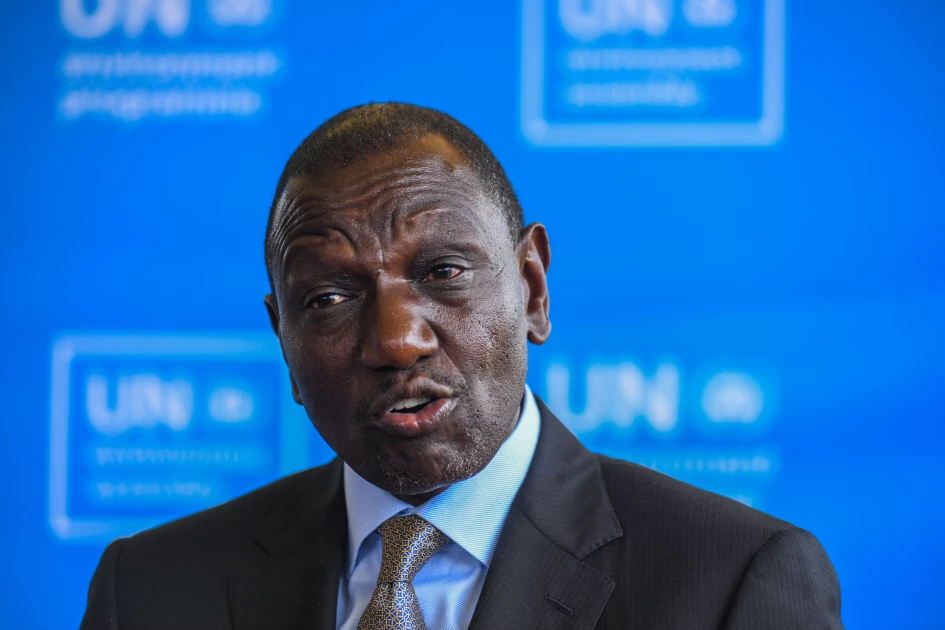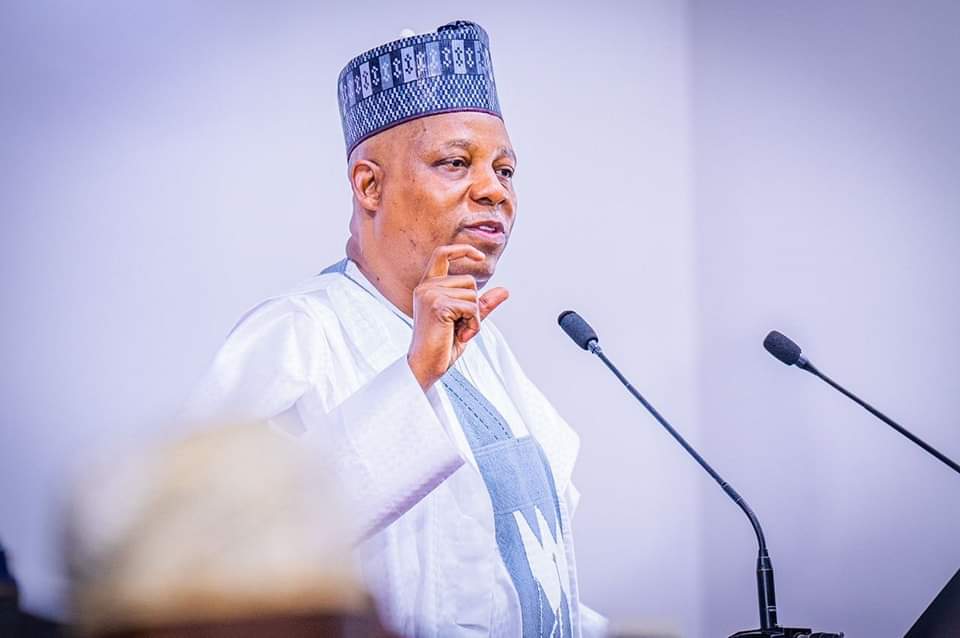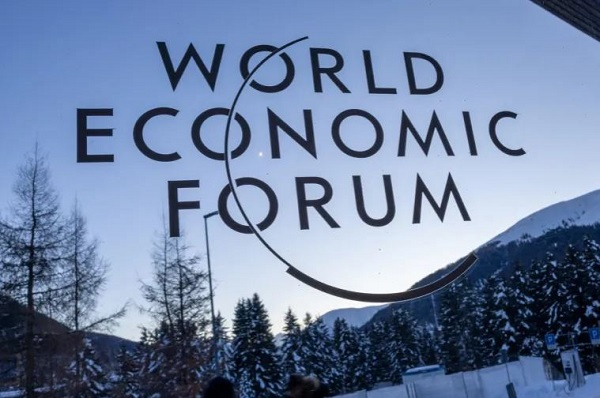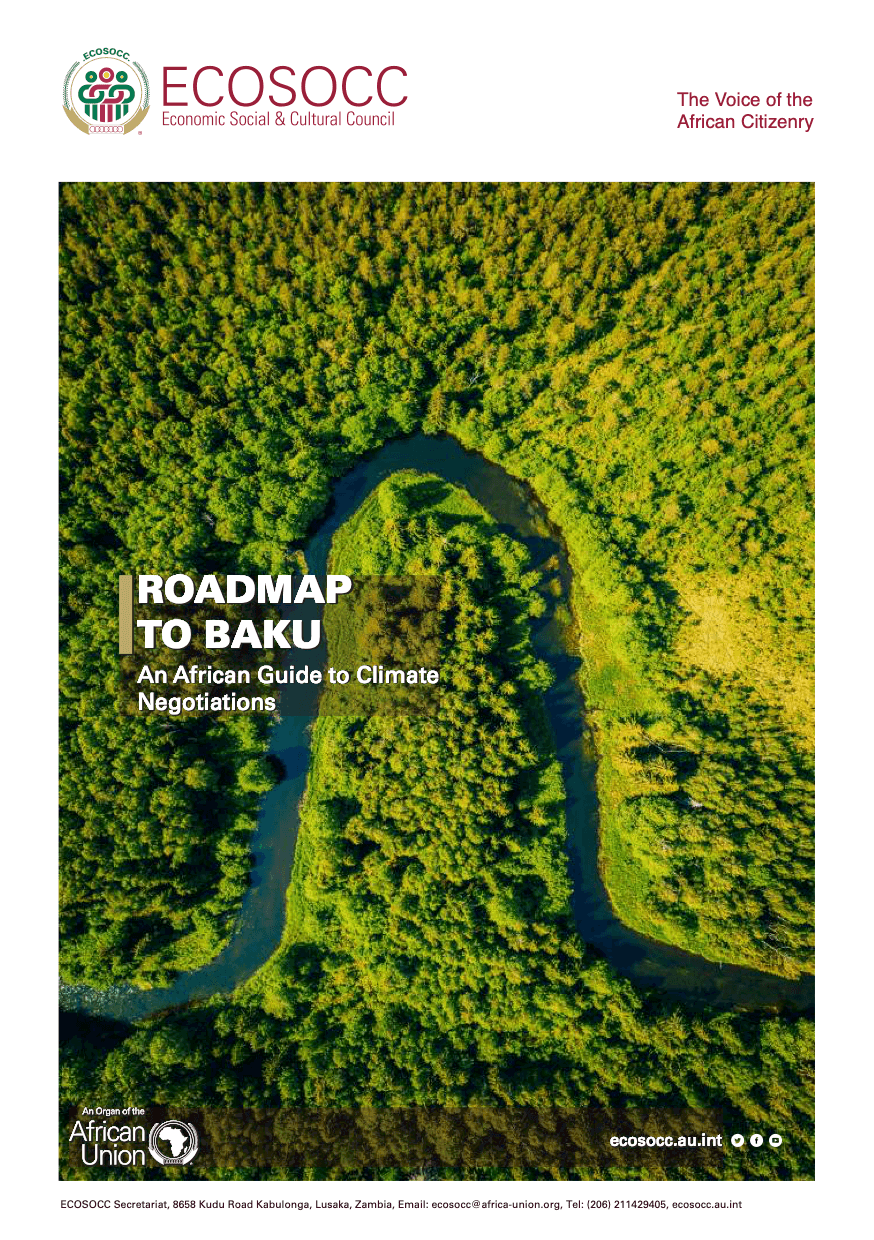Ghana Accelerates Bid for African Mining Leadership with Gold Fields-AngloGold Partnership
The move underscores the government’s strategy to leverage its vast mineral resources for economic growth while demanding greater accountability from global mining firms toward local communities.
At a pivotal meeting in Accra on February 21, 2025, Lands and Natural Resources Minister Emmanuel Armah-Kofi Buah vowed to slash bureaucratic delays, declaring the project a national priority. “We are not here to waste time,” Buah asserted, flanked by Gold Fields Ghana executives. “This venture will anchor Ghana’s status as Africa’s gold capital, but companies must also deliver real benefits to the people living near these mines.” His remarks reflect a growing emphasis across resource-rich African nations to balance foreign investment with grassroots development.
The partnership, first announced in March 2023, aims to merge Gold Fields’ Tarkwa mine and AngloGold’s Iduapriem operation into a single colossus, boosting output and operational efficiency. Under the deal, Gold Fields holds 60% control, AngloGold 30%, and Ghana’s government retains a 10% stake—a deliberate safeguard to protect national interests. Analysts note this structure marks a shift from historical deals, where governments often settled for smaller shares or royalties.
While the mega mine promises to amplify Ghana’s gold output—already ranking sixth globally—the project faces scrutiny. Past mining ventures in the country have drawn criticism for environmental damage and uneven wealth distribution. Buah’s insistence on “strengthened local content initiatives” signals awareness of these pitfalls. Gold Fields’ Acting Managing Director, Elliott Twum, sought to allay concerns, stating the firm remains “committed to responsible mining,” citing investments in community health, education, and local supply chains.
The venture’s success hinges on navigating regulatory approvals and aligning two corporate giants’ operations—a complex task even with state backing. Yet the potential rewards are substantial: increased tax revenues, job creation, and heightened global investment appeal. For Ghana, a nation where gold contributes over 40% of export earnings, the stakes are high.
Critics, however, urge caution. “Mega mines bring mega challenges,” noted Accra-based economist Nana Ama Serwah. “Without enforced environmental safeguards and transparent profit-sharing, communities risk being left with ecological damage and empty promises.” The government’s 10% stake, while symbolically significant, may prove insufficient to sway corporate decisions without stronger oversight mechanisms.
As Ghana races to cement its mining dominance, the Gold Fields-AngloGold collaboration serves as both an economic lifeline and a litmus test for sustainable resource governance. The world will watch whether this gold rush leaves behind a legacy of prosperity—or repeats the extractive industry’s troubled past.
Follow on Google News











